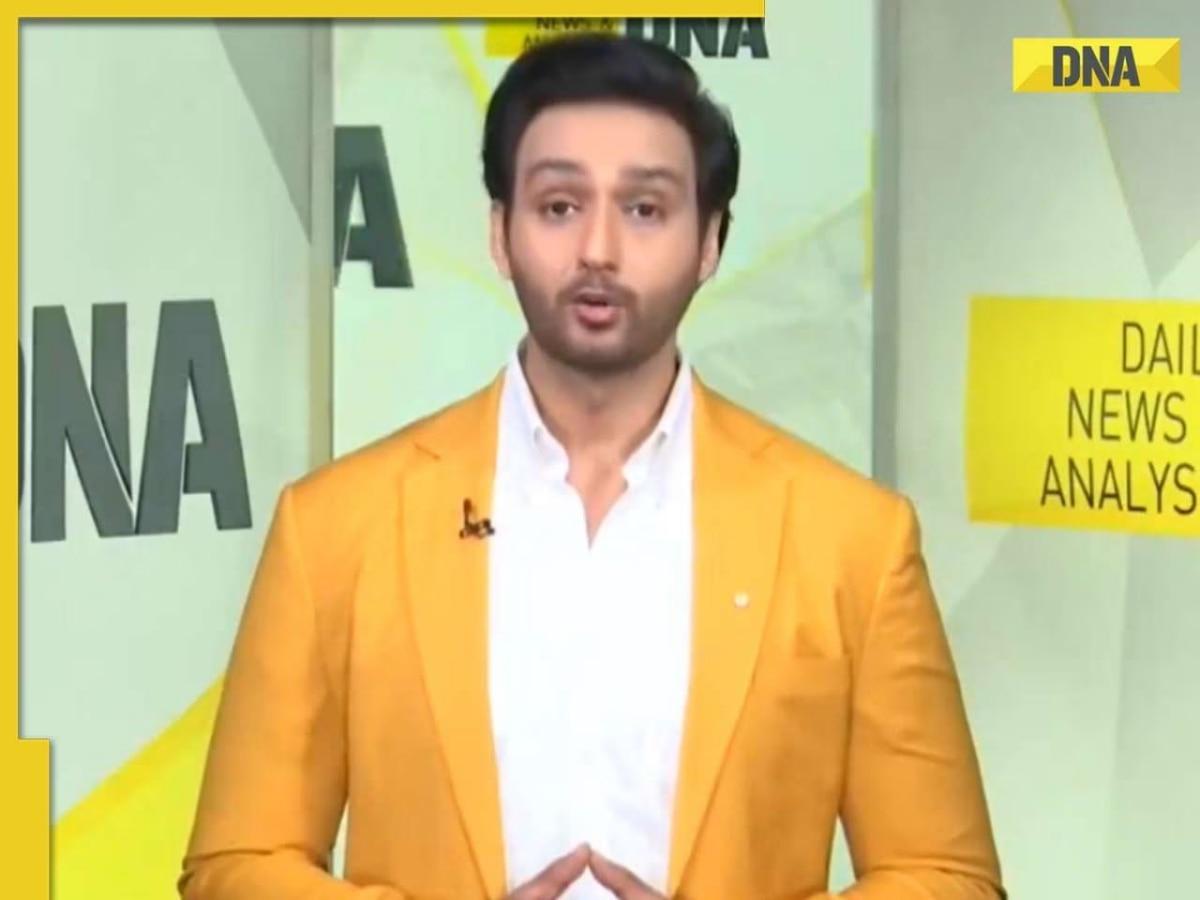
Discussions for the Lok Sabha polls in 2024 initially concentrated on growth and development. However, the narrative has now taken a pronounced shift towards the benefits of development—partitioned by categories, religions, and castes. This change has brought religious issues into the heart of the campaign discourse. Sourabh Raaj Jain, anchor of DNA Zed News today, delved into how the focal point of the 2024 Lok Sabha election has evolved from development-centric agendas to religious underpinnings.
Election speeches have transitioned from general reservations to specific religious reservations, and concerns regarding the division of land among various religions have gained prominence. Recently, the discourse has intensified, marked by an eighty-twenty proportions gulf, igniting conversations about Ghazwa-e-Hind via religious reservation—a term that alludes to the Islamization of the Indian subcontinent.
This shift raises a fundamental question: does the Hindu-Muslim divide impact real life, or is it merely an element of electoral politics? Analysis suggests that no political party is entirely exempt from incorporating religious themes into their political rhetoric. A review of several public remarks indicates that religious overtones find resonance across the political spectrum during election times.
BJP leader and Amravati candidate Navneet Rana’s recent remarks offer a glimpse into this intersection of religion and politics. Rana directly challenged Akbaruddin Owaisi and his brother Asaduddin Owaisi in Hyderabad, declaring that if police were removed for a mere 15 seconds, the Owaisi brothers “would not know from where they came and where they went.”
“I always stand by my statement,” Rana reiterated. “I am not afraid of anyone. We are committed to giving a reply to those who are working for Pakistan in India. If they will take 15 minutes, we will take 15 seconds.” In a video clip shared on her X handle, tagged at the Owaisi brothers, Rana added, “The younger brother says, ‘Remove the police for 15 minutes so that we can show them what we can do’. I want to tell the younger brother (Akbaruddin) that it might take you 15 minutes, but it will only take us 15 seconds.”
Responding to BJP leader Navneet Rana’s “15-second lagenge” remark, All India Majlis-e-Ittehadul Muslimeen (AIMIM) leader Asaduddin Owaisi questioned Prime Minister Narendra Modi, asking him to grant her one hour instead of 15 seconds and asserted that they are not “scared” of the BJP leader.
“I tell Modi ji – give her 15 seconds. What will you do? Give her 15 seconds, give her 1 hour. We, too, want to see if you have any humanity left in you. Who is scared? We are ready…If someone is making an open call to it, then so be it.
. PM is yours; RSS is yours; everything is yours. Do it. Who is stopping you? Tell us where we have to come, we will be there. Do it,” Owaisi told reporters on Thursday.
This exchange of heated rhetoric stems from a longstanding comment made by Akbaruddin Owaisi back in 2013. During a meeting, Akbaruddin had warned “100 crore Hindus” that his community would demonstrate their might if the police were withdrawn for ’15 minutes’. After fellow party member Navneet Rana’s ’15 seconds lagenge’ comment stirred controversy, BJP leader Madhavi Latha remarked that Rana merely intended to urge citizens to spend 15 seconds casting their votes to propel the nation towards ‘Viksit Bharat’ (Developed India).
In an interview with ANI, BJP’s Hyderabad Lok Sabha candidate, Madhavi Latha, clarified, “We do not threaten anyone. We do not say to remove the police force for 15 minutes. We just want to say that you should take 15 seconds instead of 15 minutes and cast your vote. Do not go to attend provocative speeches. If you want to move towards ‘Viksit Bharat,’ go and cast your vote. This is what she (Navneet Rana) meant.”
Asaduddin Owaisi, the leader of AIMIM and a four-time member of the Lok Sabha, presents a formidable challenge for Latha. This marks the first time a female candidate from the Hyderabad constituency has been fielded by the BJP. The Owaisi family has long held a solid grip on Hyderabad politics.
Furthermore, it is worth noting that in 2022, the Sessions Court acquitted Akbaruddin of all charges despite his 2013 remarks leading to a 40-day jail sentence. The acquittal was attributed to insufficient evidence. There are allegations that the police provided biased evidence to protect Akbaruddin, and the case is currently under scrutiny by the High Court.
In the midst of this charged atmosphere, one could question why Barrister Owaisi refrained from bringing up his 2022 acquittal when faced with these renewed allegations. Perhaps the reemergence of an eleven-year-old dispute does not resonate significantly with him anymore.
This evolving election scenario underscores the intricate interplay between religion and politics, as the nation’s attention pivots from comprehensive development goals to deeply rooted religious issues. The outcome of these shifting narratives will unveil the true sentiment of the electorate in the 2024 Lok Sabha polls.












